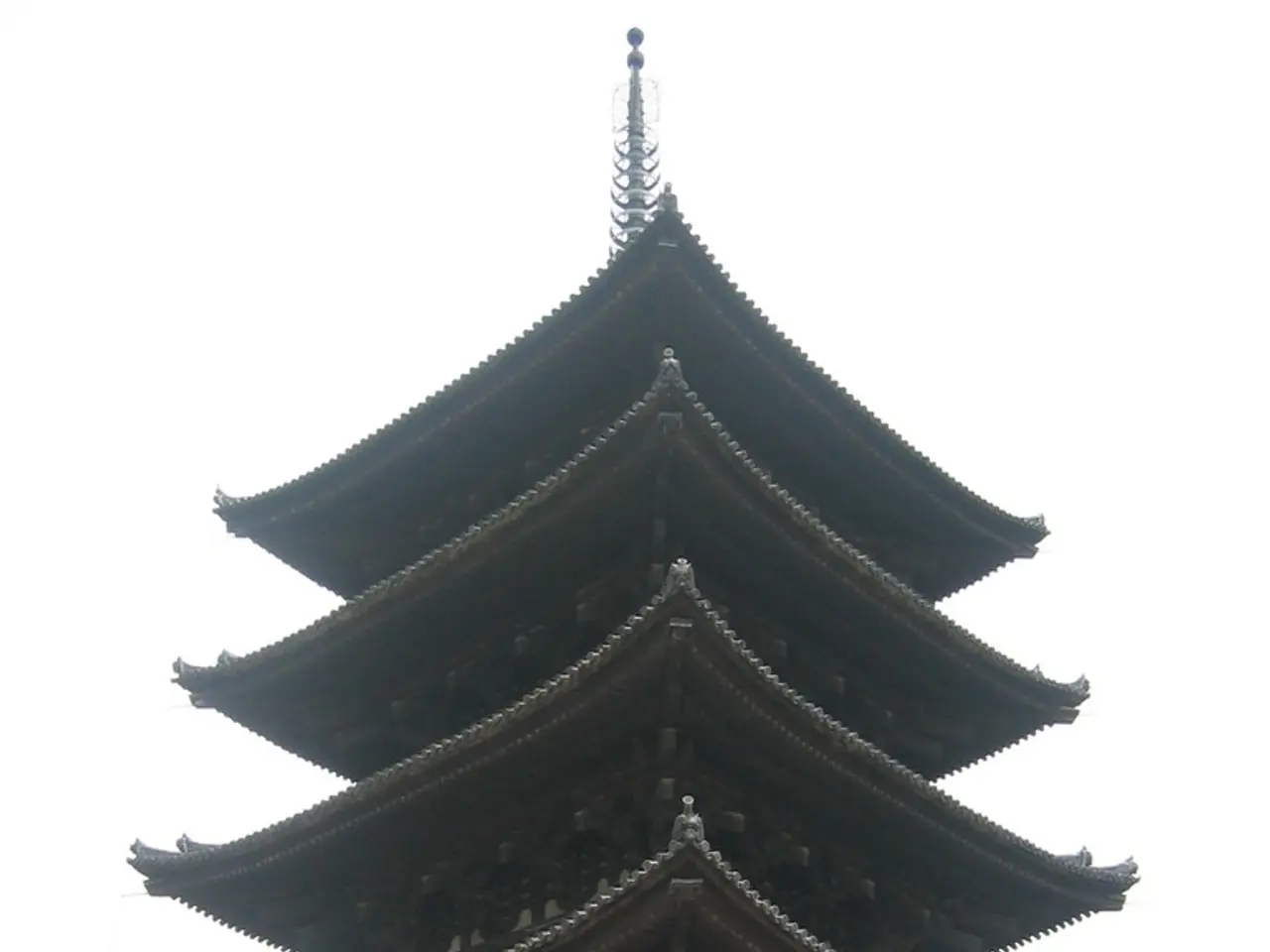China insists on Chinese tech companies explain their acquisitions of Nvidia's H20 processors
Nvidia's business in China is facing complications due to growing disapproval of the company's H20 chips. The alleged national security concerns surrounding these chips have led to public criticism and regulatory scrutiny, creating challenges for Nvidia in the Chinese market.
The scrutiny stems from accusations that the H20 chips might contain hardware "backdoors" allowing remote shutdown or bypass of security controls, raising fears about their safety and reliability. These concerns were expressed by Chinese authorities and state media, including a social media post affiliated with state broadcaster CCTV.
The disapproval appears linked to broader strategic and geopolitical factors. The H20 chip was designed to comply with U.S. export restrictions and marketed for China after bans on advanced Nvidia chips were imposed and then reversed by the U.S. government. This rapid flip-flop in U.S. export policy has created skepticism in China, where such changes are seen less as commercial adjustments and more as signals of deeper geopolitical intent.
The criticism is consistent with China’s emphasis on technological self-reliance and reducing dependence on Western-made AI hardware. As a result, the allegations and public criticism could damage the reputation of Nvidia’s H20 chip within China, potentially reducing sales or adoption by Chinese tech firms wary of government backlash or perceived security risks.
Despite the criticism, Chinese firms reportedly have significant holdings of H20 chips, supporting AI development domestically. However, the environment is tense due to government scrutiny. Nvidia has denied the security allegations, emphasizing that the products contain no backdoors, and the U.S. government has approved chip sales under strict compliance with AI export regulations.
The situation complicates Nvidia’s efforts to expand in China, a major tech market, especially amid ongoing geopolitical tensions and regulatory uncertainty introduced by Chinese authorities. Trump may allow Nvidia to sell a more advanced artificial intelligence chip in China based on the chipmaker's latest and most advanced Blackwell platform.
Chinese regulators have expressed growing disapproval of companies using Nvidia's chips for any government or security-related projects. The specific reasons for the disapproval and discouragement of Nvidia's H20 chips by Chinese authorities are not specified in the article. The purchase of Nvidia's H20 chips has become politically incorrect in China, according to a Chinese data centre operator. The requests for justification are coming from regulators such as the Ministry of Industry and Information Technology (MIIT).
In summary, Beijing’s questioning reflects security fears and geopolitical competition, which undermine Nvidia’s commercial prospects in China despite resumed export licensing. The scrutiny underscores the delicate balance Nvidia must maintain amid U.S.-China trade and technology tensions impacting its AI chip sales.
Read also:
- Rapid Growth in Bio-based Polypropylene Sector Anticipated at a Compound Annual Growth Rate of 26.5% by 2034
- Business Performance Updates Progressing: Companies Anticipated to Make Significant Moves This Week (Feb 17, 2025)
- Urban Africa Expands AI-Driven Battery-Swapping Operations with $8.1M Finance from Kofa
- Jellyfish incapacitate France's largest nuclear facility, causing disruption.







